On the afternoon of August 4, a delegation of overseas Vietnamese in Korea, including teachers and children aged 10-13, arrived in Hanoi, starting the program "Overseas Vietnamese Children and Teachers in Korea Visit Vietnam 2024" lasting 5 days in Hanoi, Ninh Binh and Quang Ninh.
During the first two days in Vietnam, the delegation of Korean teachers and children visited famous landmarks in the capital. The first stop of the delegation was Tran Quoc Pagoda, located in the middle of West Lake, which is over 1,500 years old. Here, the delegation was overwhelmed by the long history, as well as admired the unique beauty of the place, which was listed by the famous travel website Wanderlust as one of the "10 most beautiful pagodas in the world".
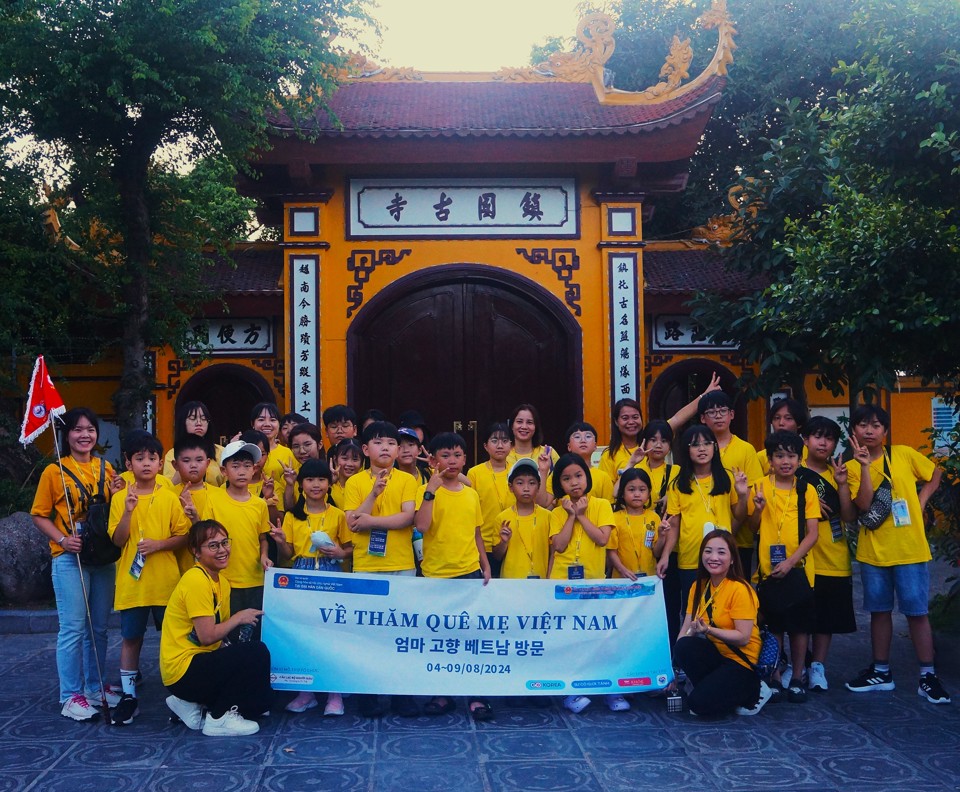
The next day (August 5), the delegation arrived at Ba Dinh Square early to visit the Ho Chi Minh Mausoleum and the Presidential Palace. Having been away from home for a long time, now having the opportunity to return to the country to visit President Ho, the delegation members were all moved when viewing the relics, documents and hearing stories about his great career. In particular, overseas Vietnamese children were delighted to visit Uncle Ho's stilt house for the first time, feed the fish and hear stories about Uncle Ho's love for teenagers and children.
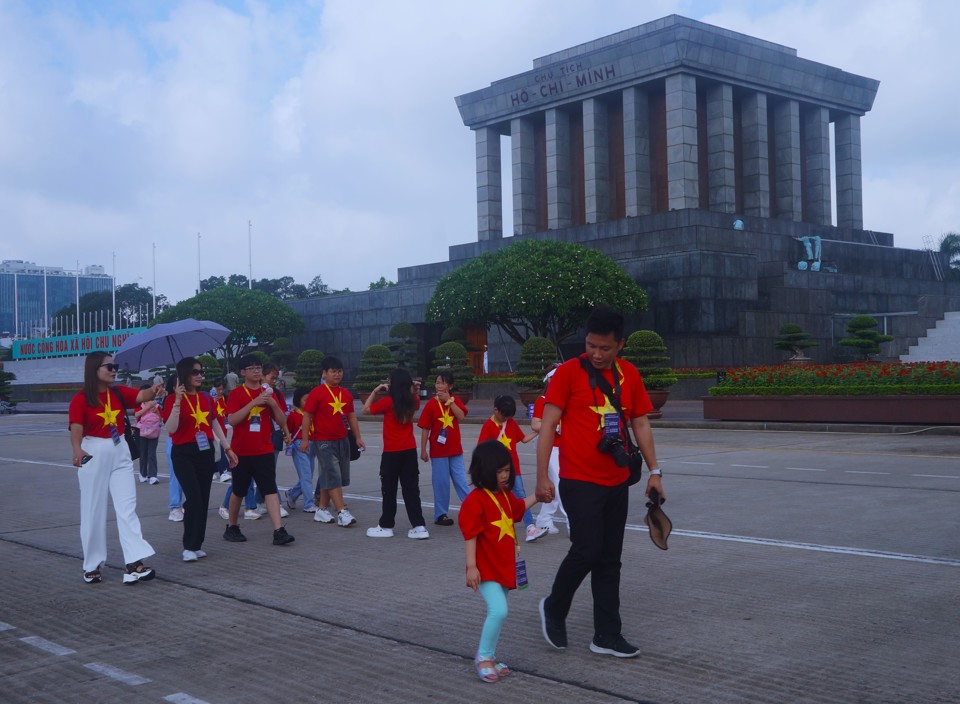
“ President Ho Chi Minh was a talented and strong person. I really like Uncle Ho and my teacher often teaches me the song “Who loves Uncle Ho Chi Minh more than children”, an overseas Vietnamese child speaking in Vietnamese said. Although born and raised in Korea, the children were still taught Vietnamese by their parents and can communicate in their mother tongue. The most touching moment was when the children sang together the song “Like having Uncle Ho on the great victory day” and read aloud the slogan “Democratic Republic of Vietnam independence” in Vietnamese.
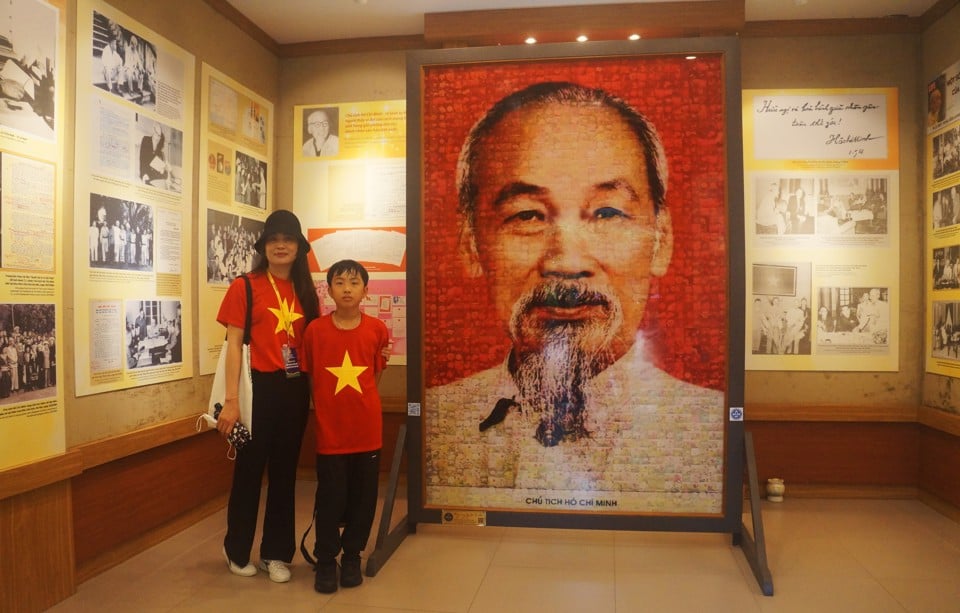
Leaving the Presidential Palace, the delegation stopped at the Temple of Literature - Quoc Tu Giam. Visiting and hearing about the first university of Vietnam for the first time, overseas Vietnamese children were surprised and admired by the tradition of examinations in their homeland. Le Trang, an overseas Vietnamese child, excitedly shared that thanks to the tour guide and the teacher's translation, she learned that this was where the children of Vietnamese kings used to study in the past, and that Vietnamese education in the past was also very developed.
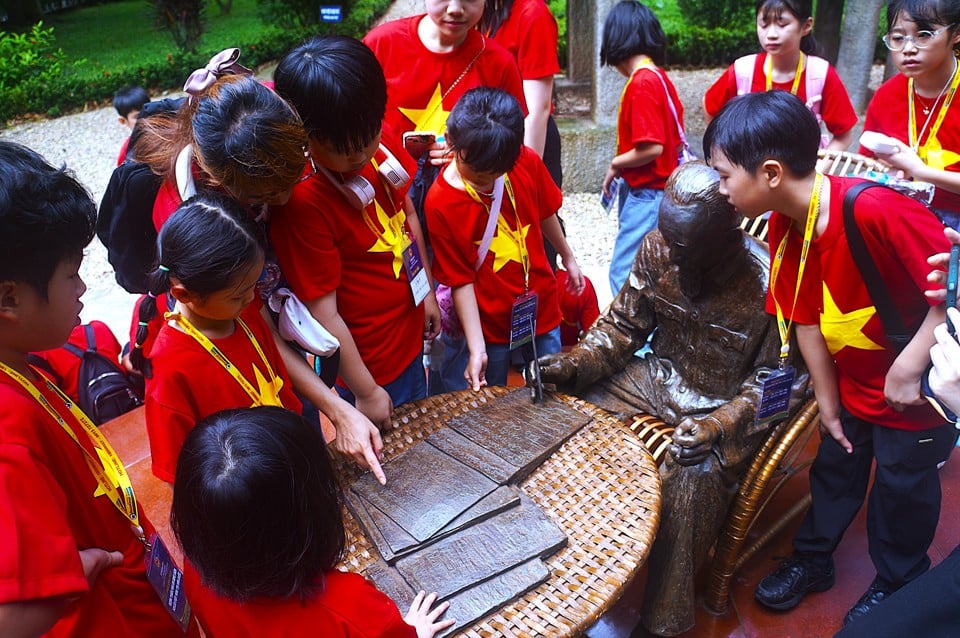
At the end of the 2-day stay in Hanoi, the delegation paid a courtesy visit to the leaders of the State Committee for Overseas Vietnamese and visited the Korean Cultural Center in Vietnam. Here, overseas Vietnamese children watched artisans demonstrate how to make conical hats and were fascinated by weaving and braiding their own conical hats.
Nurturing patriotism for overseas Vietnamese children
“Overseas Vietnamese Children and Teachers in Korea Visit Vietnam 2024” is an opportunity for overseas Vietnamese children in Korea to return to their homeland, learn and experience the cultural and historical values of the nation. In addition, the program helps children understand more and be proud of their homeland, connect with their roots, thereby building national pride, solidarity and a sense of responsibility to the community.
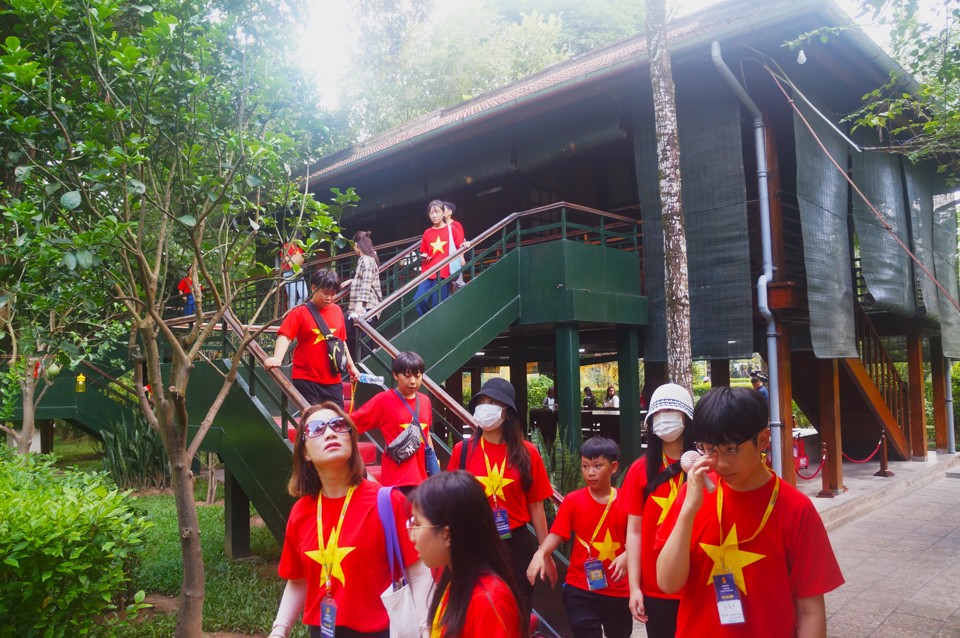
“The purpose of the trip is to show the children that Vietnam is a beautiful homeland, that Vietnam has many things to be proud of in its history, so that they will love their homeland more. In addition, the trip also helps the children become more independent in group activities and improve their ability to communicate in Vietnamese,” Dr. Do Ngoc Luyen - lecturer at Kwang Un University, representative of the Overseas Vietnamese Teachers and Children Group in Korea, shared with reporters of the Economic and Urban Newspaper.
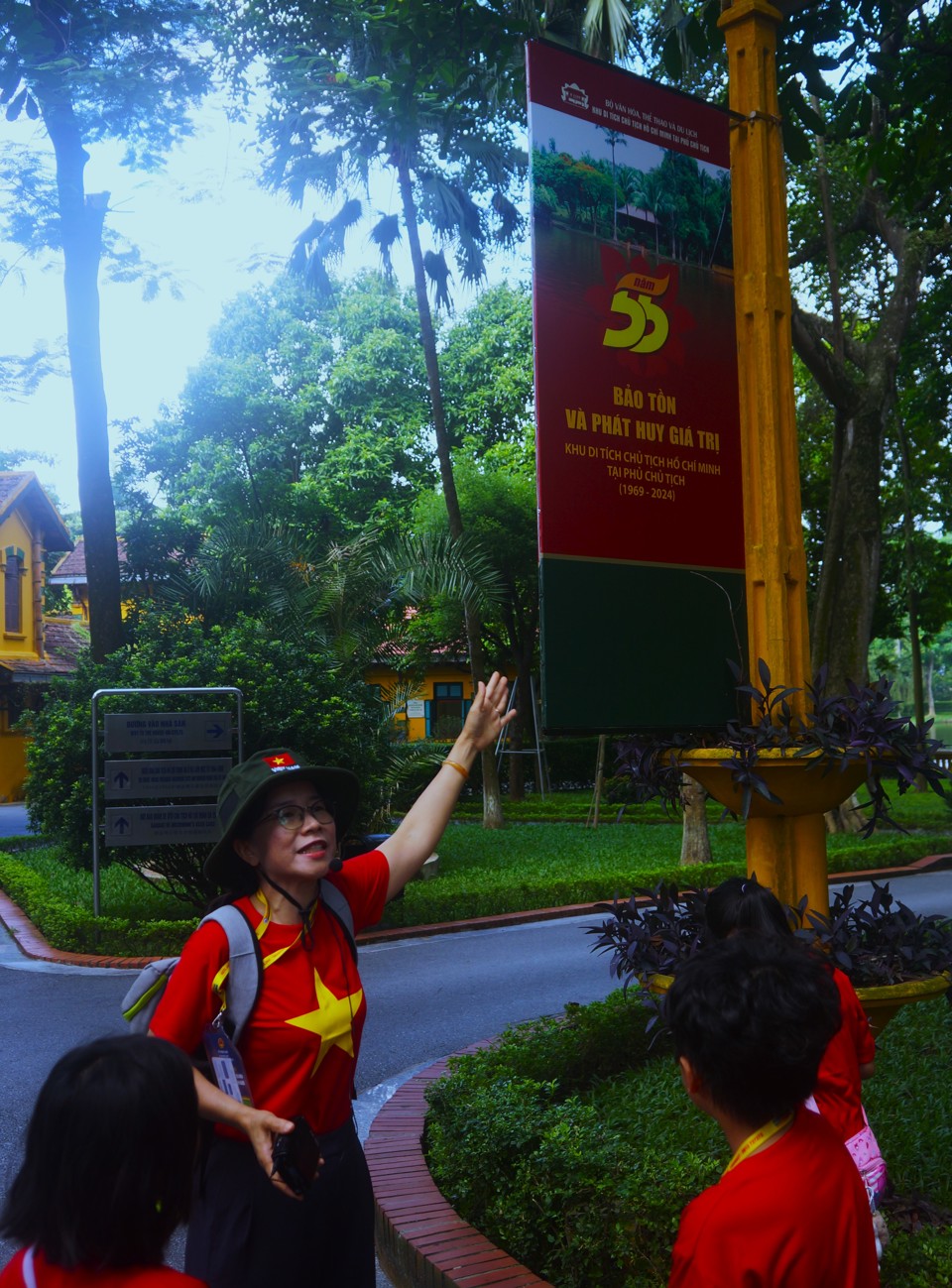
According to Mr. Doan Quang Viet, a member of the overseas teachers group in Korea, Vietnamese parents are very conscious of letting their children learn about Vietnamese historical stories and legends. However, it is only through trips with “real people, real events” experiences that children can be imbued with national pride and confidently introduce to their friends in Korea the famous people and proud historical achievements of their homeland.
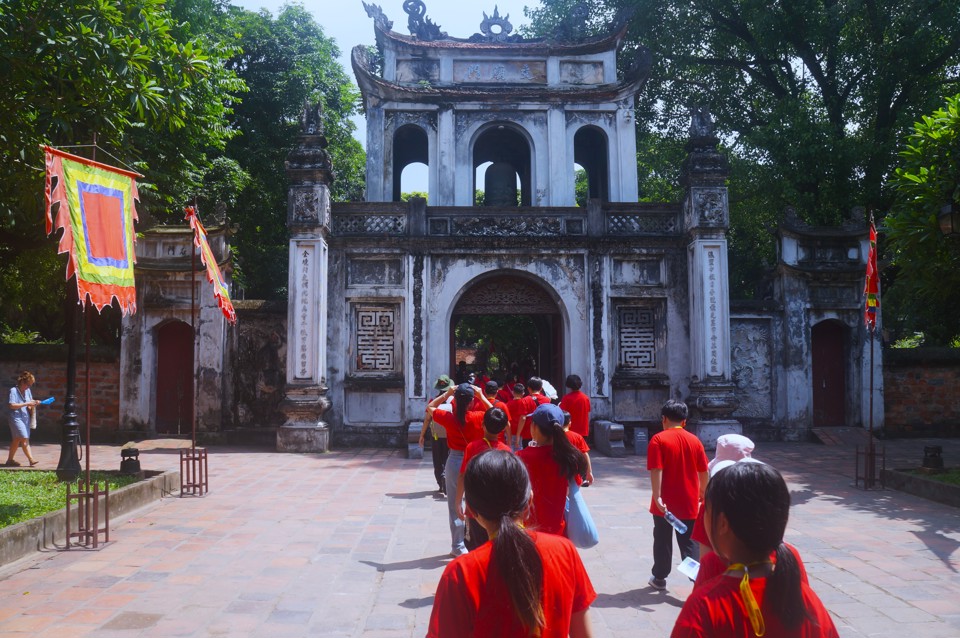
As someone who wants his children to learn and explore many places in Vietnam, Mr. Viet emphasized: “Knowing about our ethnicity is the best tool to avoid discrimination. If we are aware and understand our ethnicity, no one can look down on us, no matter what nationality we are.”
Maintain mother tongue in foreign land
The Vietnamese community in Korea is a young community, newly formed after the two countries established diplomatic relations in 1992. However, this is one of the fastest growing communities (currently with nearly 277,000 people). Therefore, the demand for learning Vietnamese in Korea is increasing, especially for children of overseas Vietnamese.
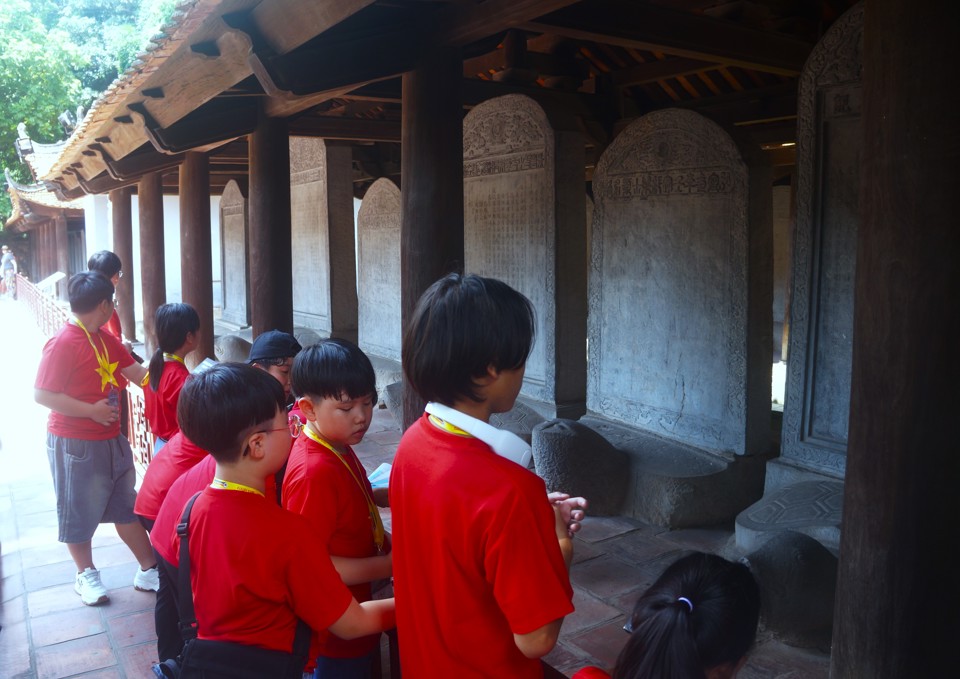
Speaking to Kinh te & Do thi reporters, Ms. Nguyen Thi Le Hoa, President of the Vietnamese Association in Gwangju City and Jeolla Province, said that the community is opening free Vietnamese language classes for children, both online and offline. According to her, Vietnamese is the identity of the Vietnamese people, and only with Vietnamese language can Vietnamese culture be preserved. Moreover, the children of overseas Vietnamese in Korea all have Vietnamese-Korean blood, so it is very meaningful for them to be able to preserve Vietnamese culture in Korea.

With the implementation of the multicultural policy, the Korean government has supported multicultural centers in provinces and cities nationwide to organize Vietnamese language teaching for children of Korean-Vietnamese cultural families and Korean students interested in Vietnamese.
Since 2014, South Korea has chosen Vietnamese as a second foreign language in the university entrance exam. Some high schools have also included Vietnamese as an official subject since 2018.
Source: https://kinhtedothi.vn/hanh-trinh-ve-dat-me-cua-thieu-nhi-kieu-bao-han-quoc.html




![[Photo] Closing of the 11th Conference of the 13th Central Committee of the Communist Party of Vietnam](https://vstatic.vietnam.vn/vietnam/resource/IMAGE/2025/4/12/114b57fe6e9b4814a5ddfacf6dfe5b7f)

![[Photo] Overcoming all difficulties, speeding up construction progress of Hoa Binh Hydropower Plant Expansion Project](https://vstatic.vietnam.vn/vietnam/resource/IMAGE/2025/4/12/bff04b551e98484c84d74c8faa3526e0)

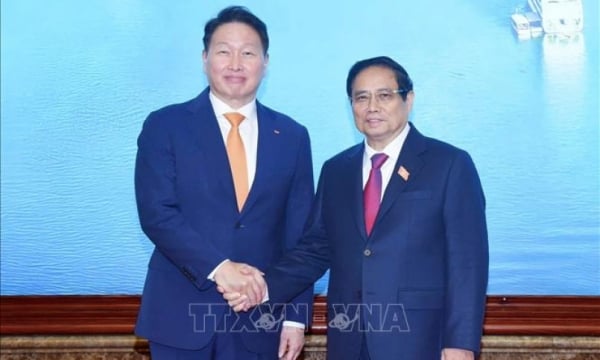
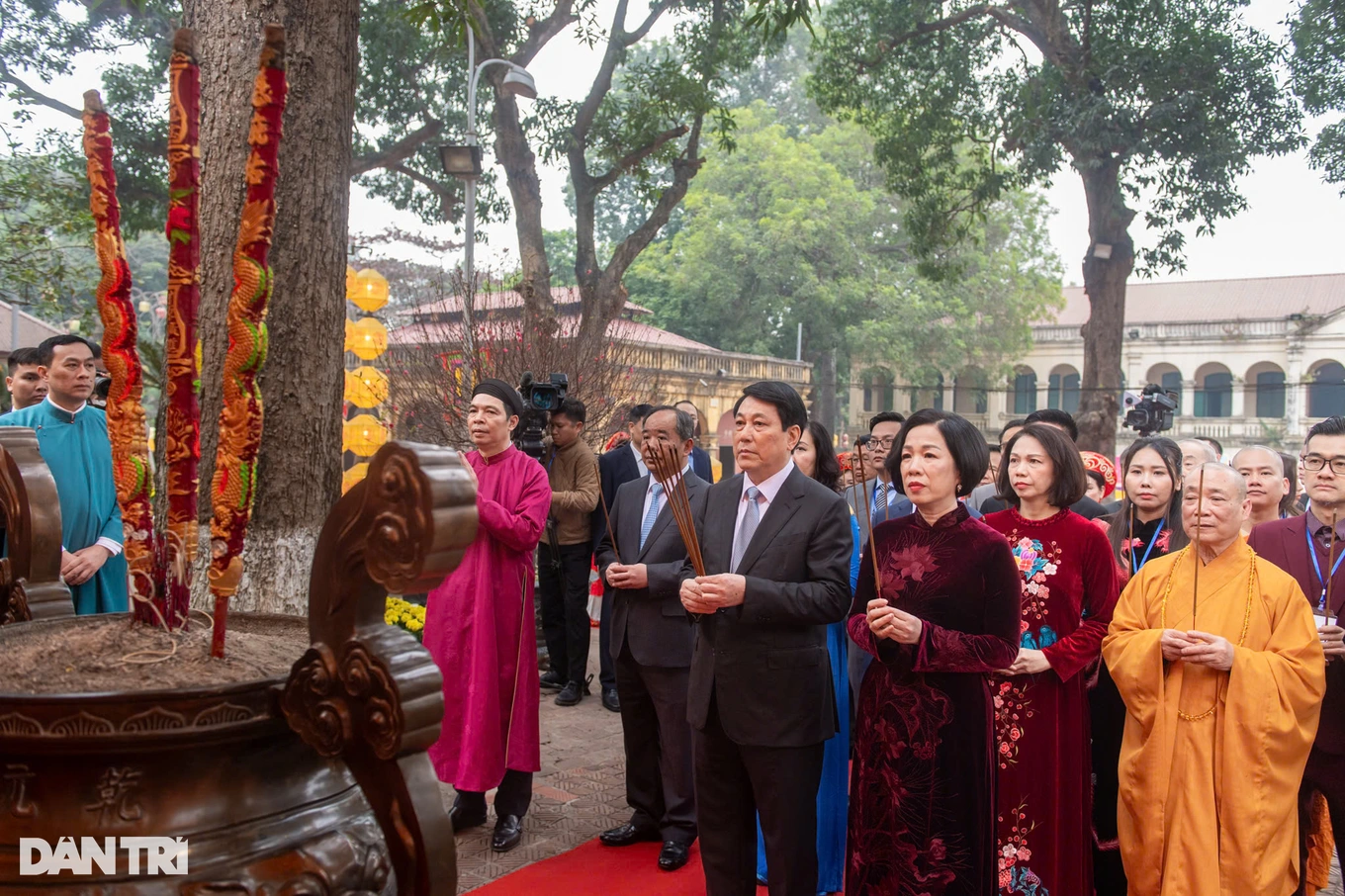
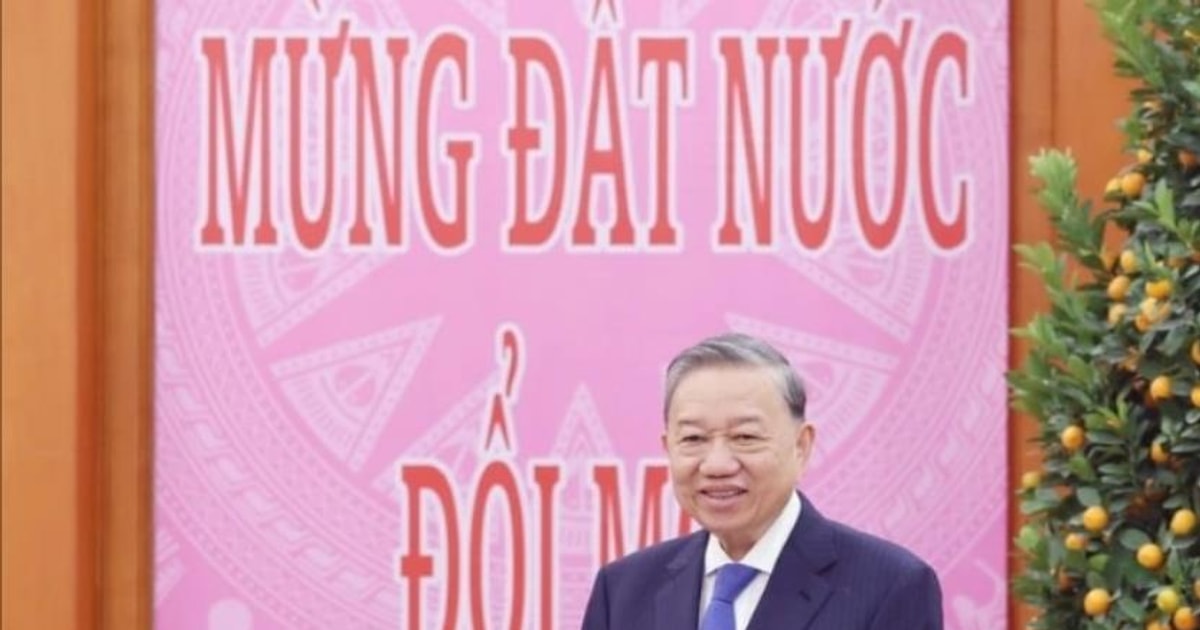
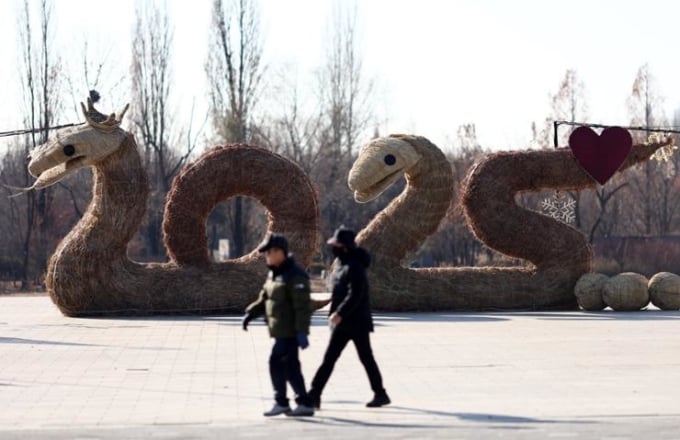
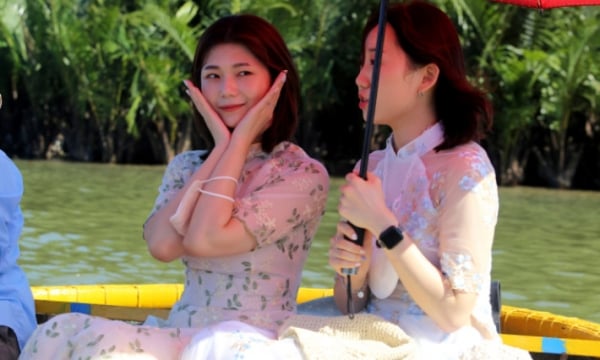
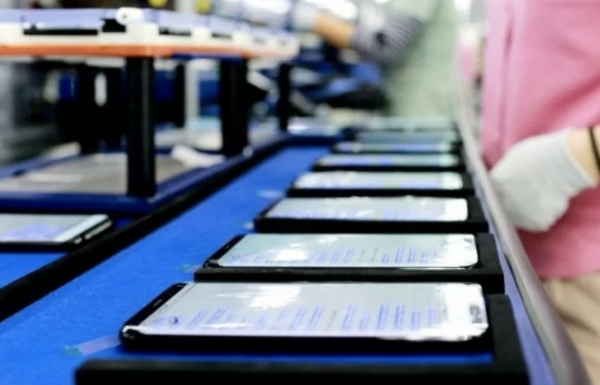
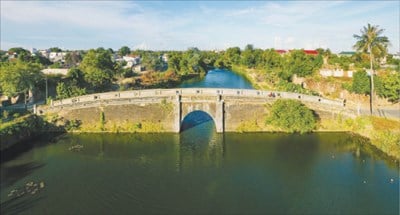

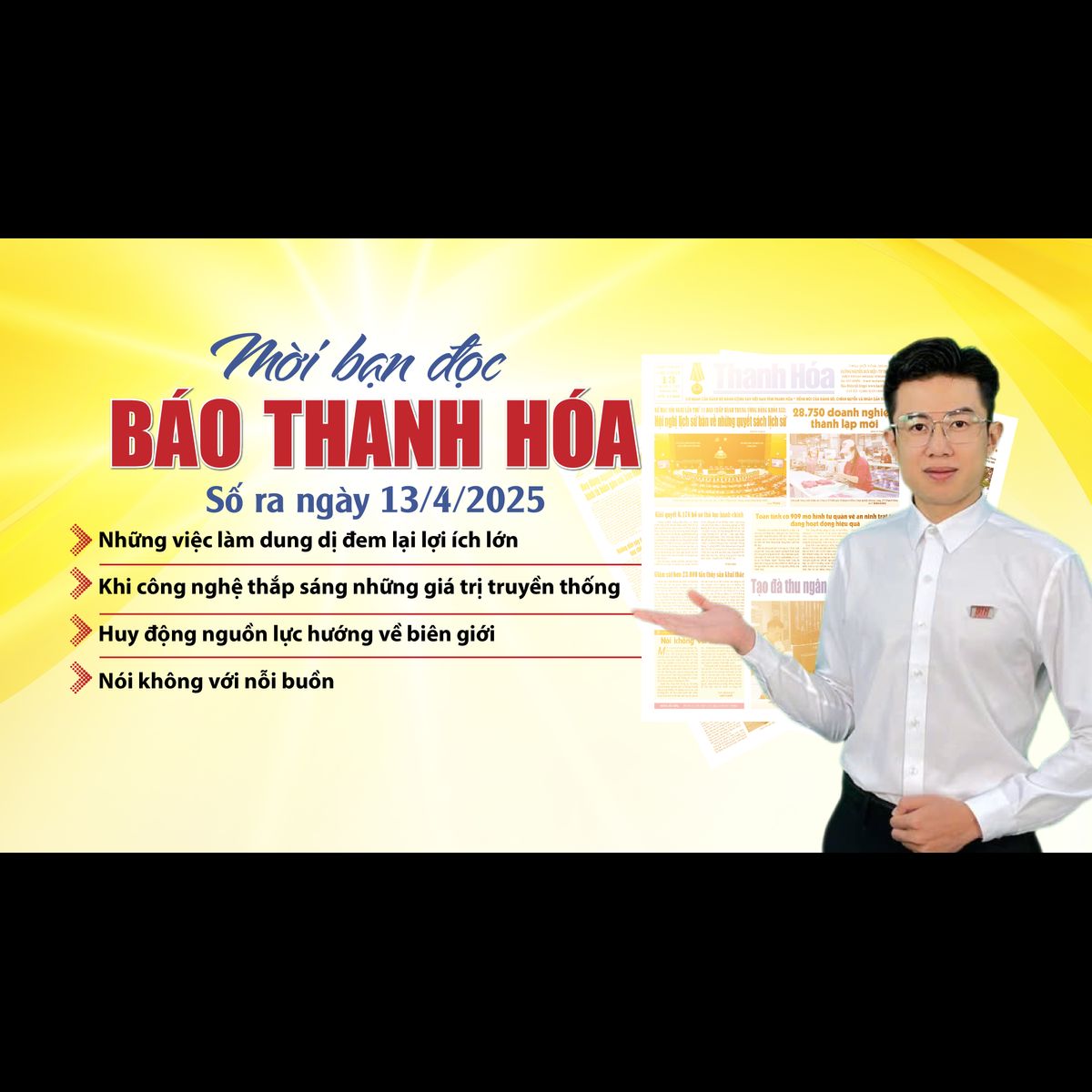
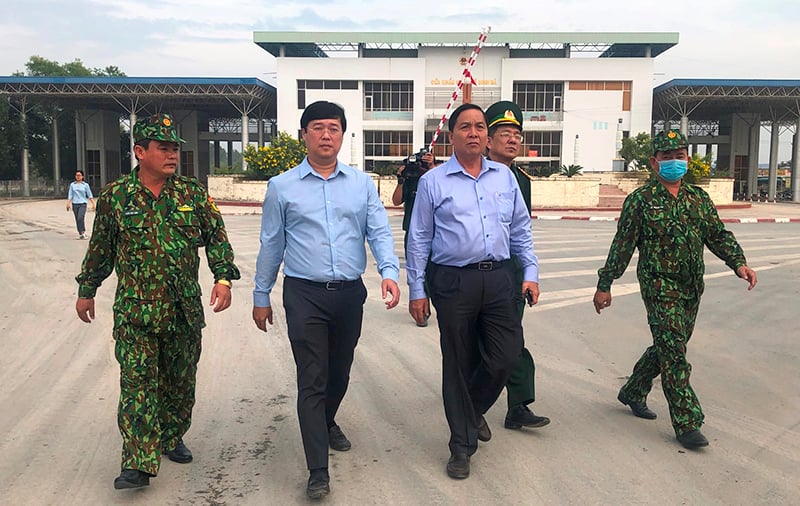
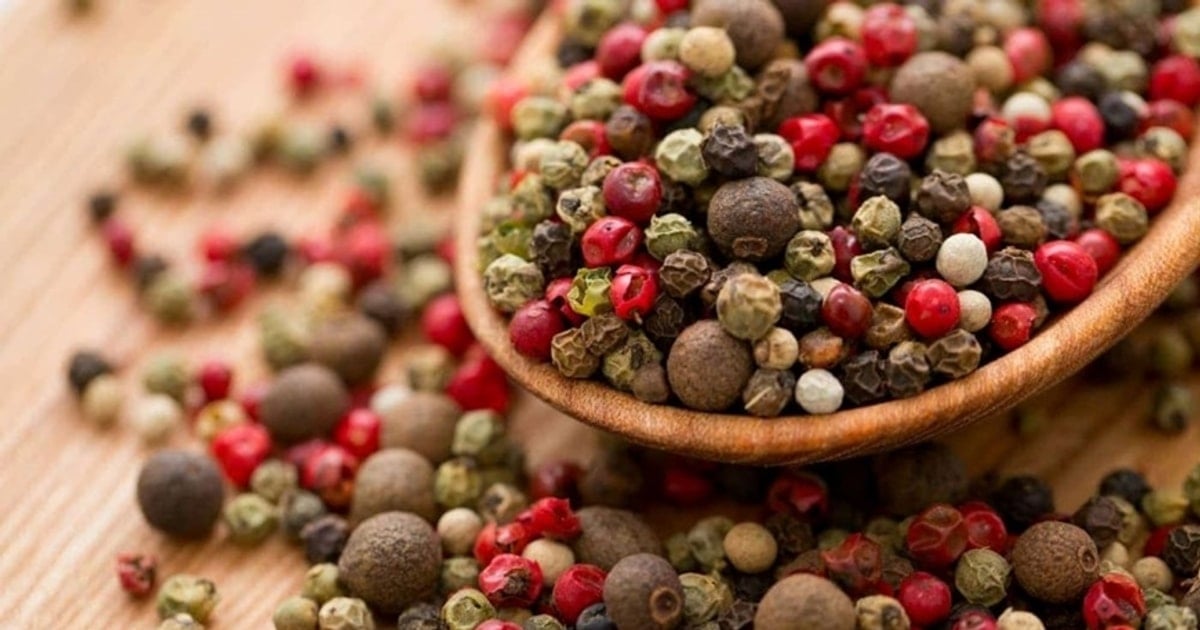
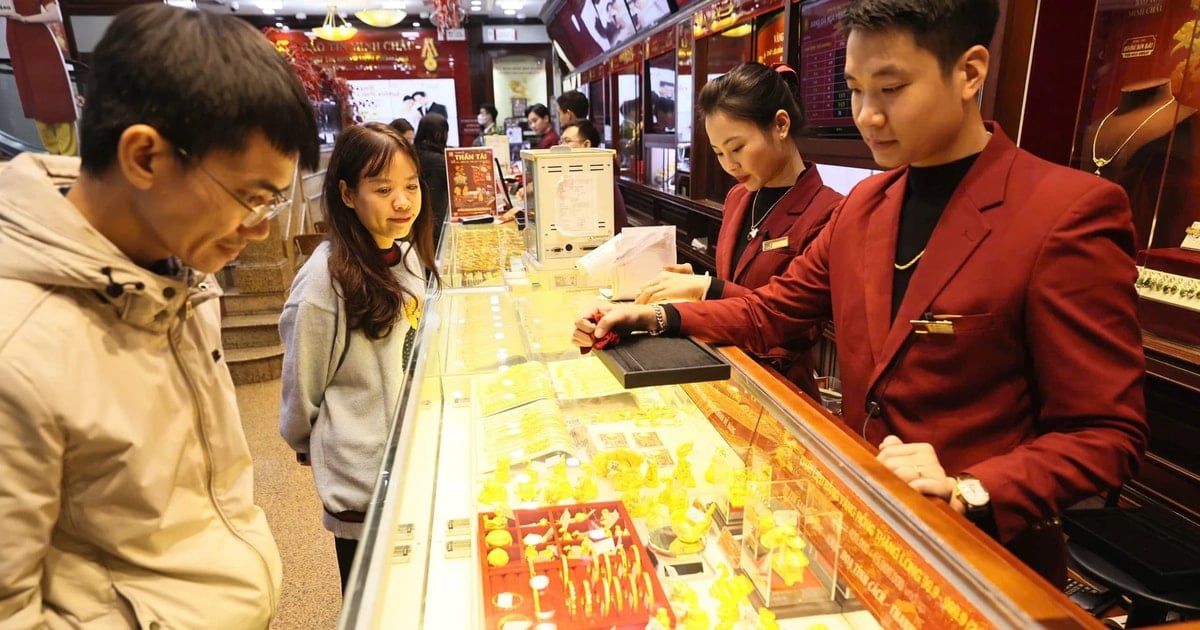



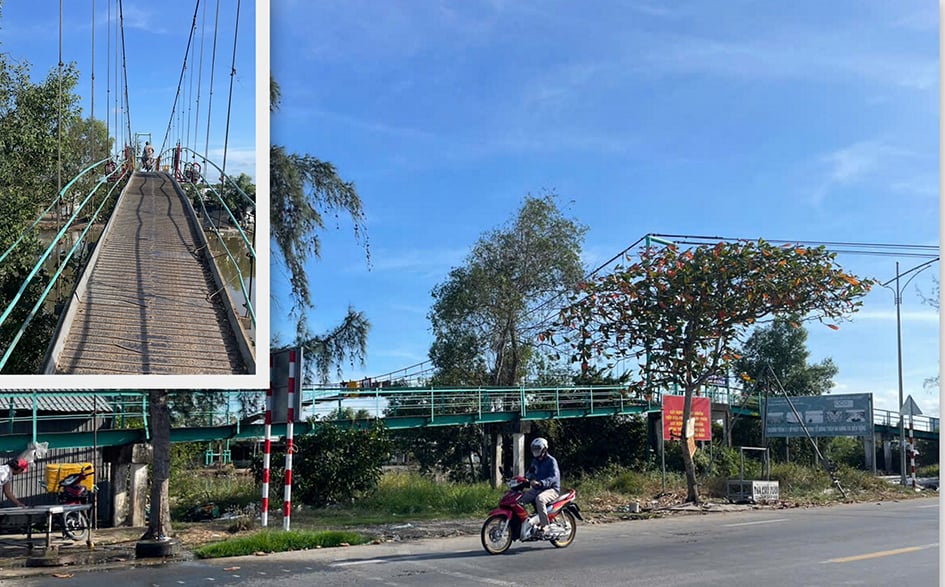
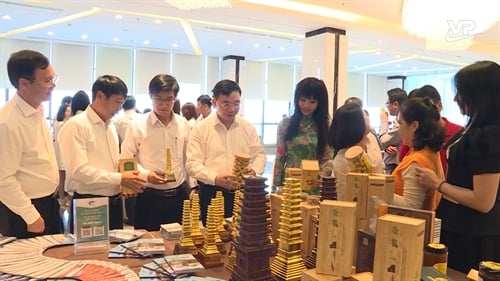
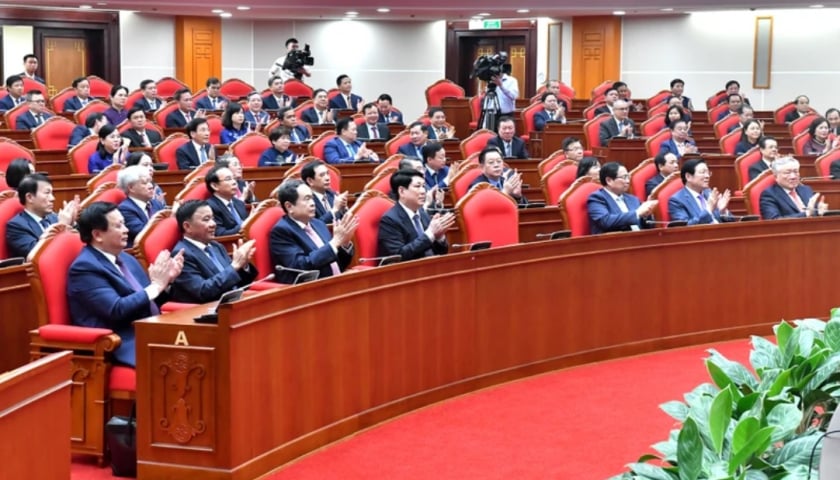
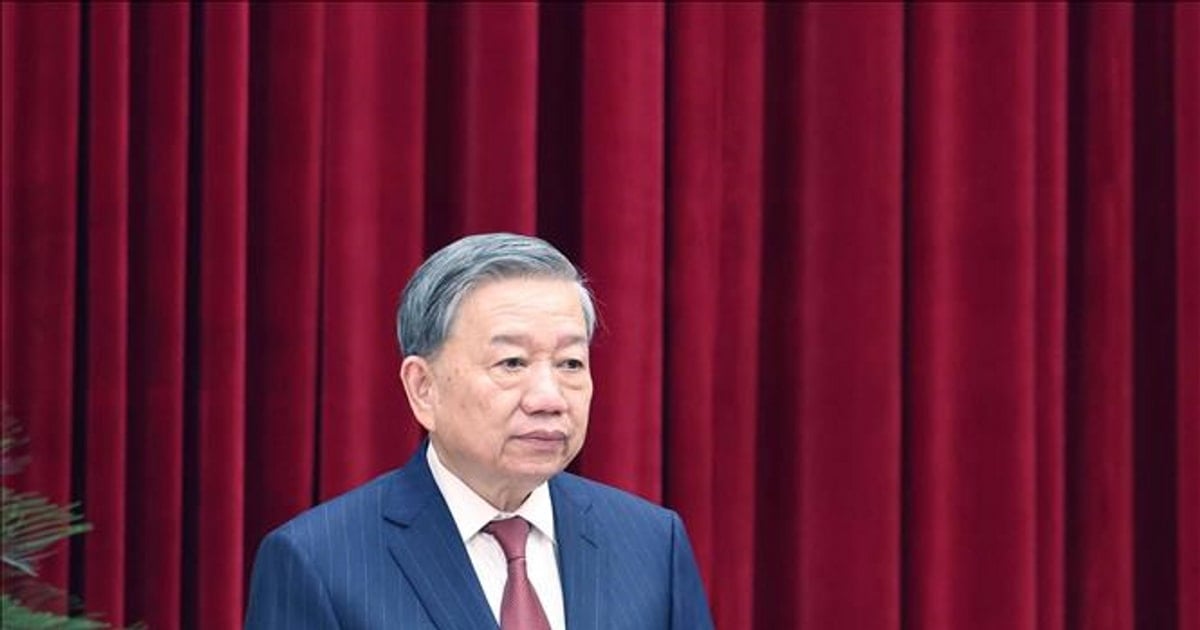
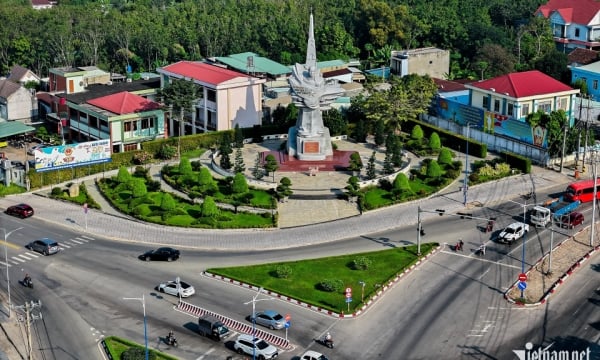
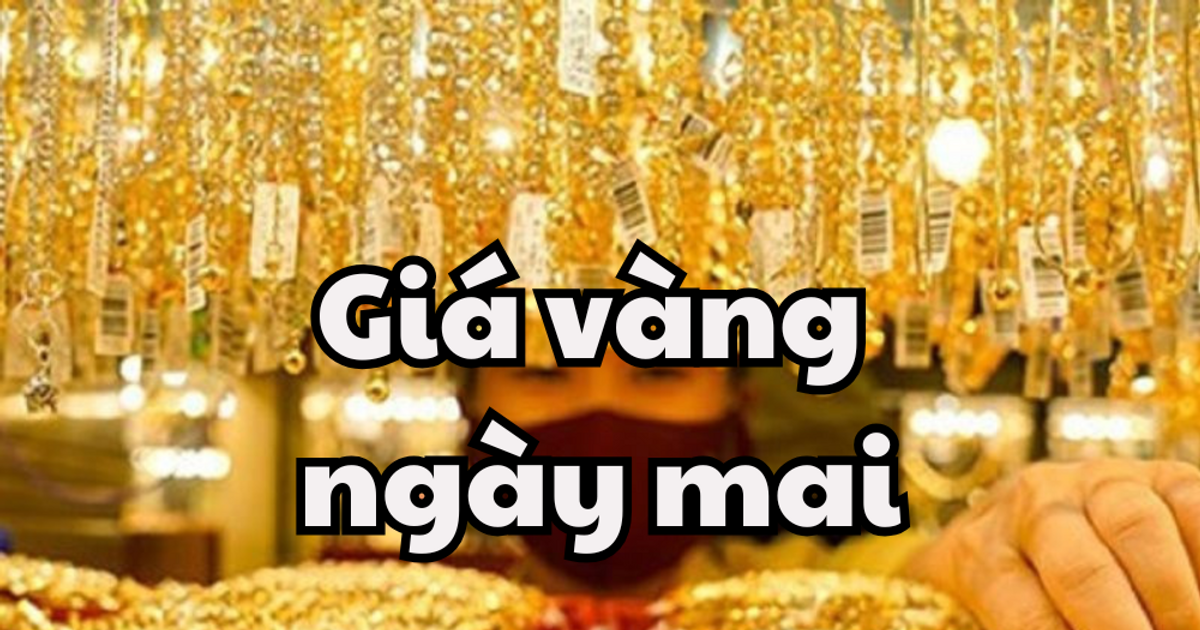















































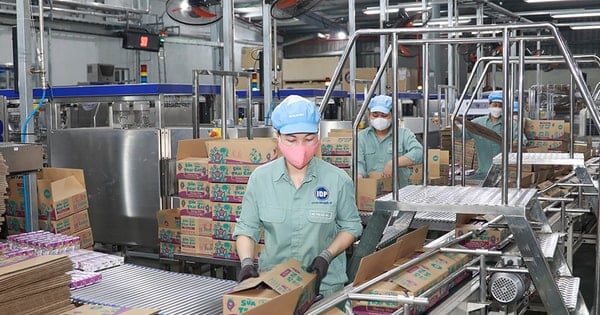

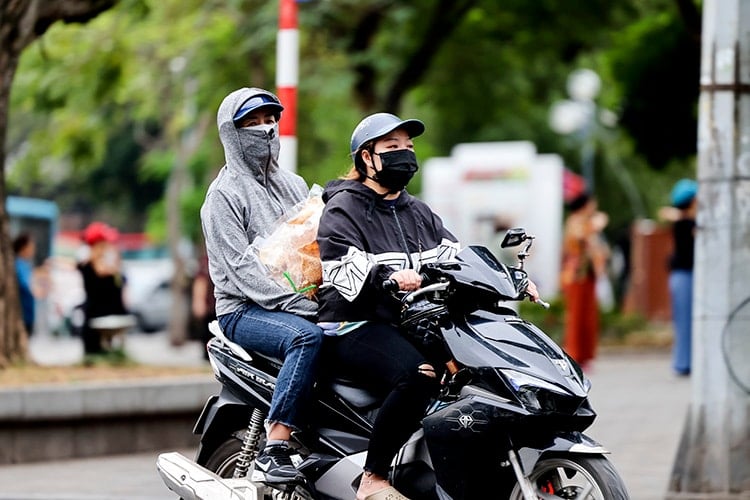

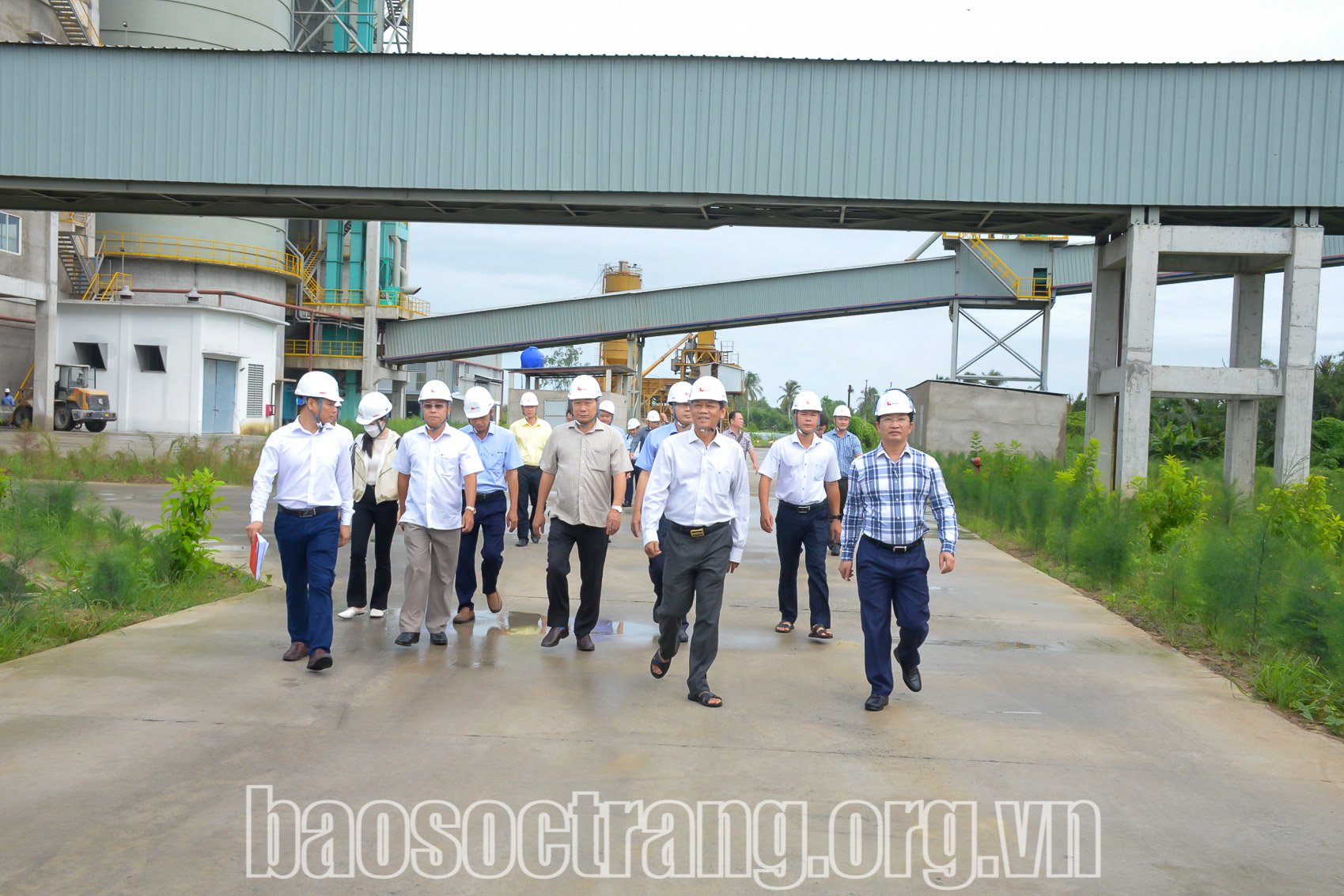

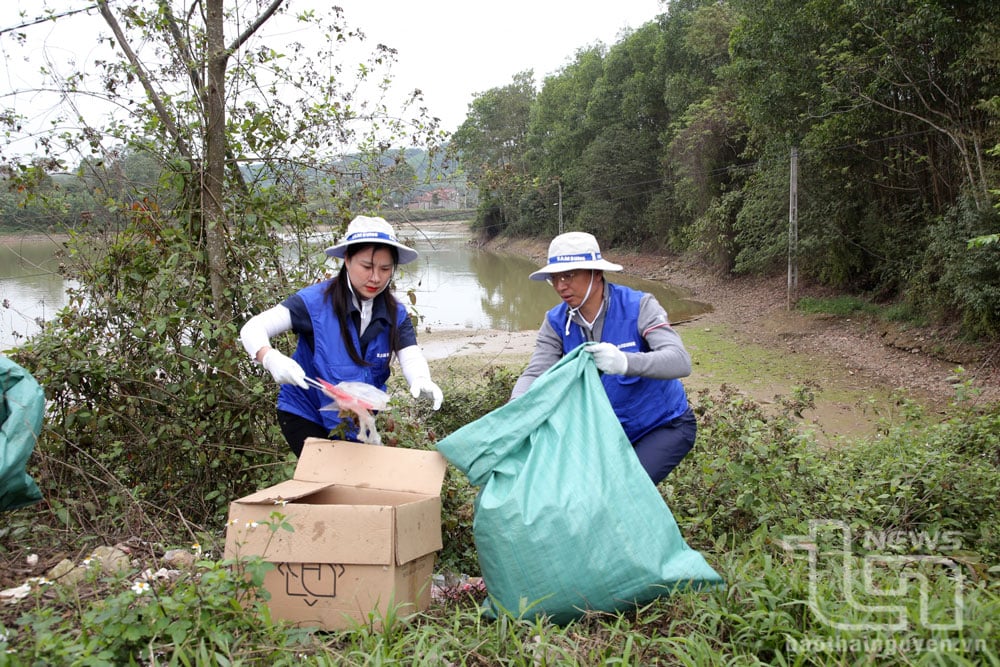












Comment (0)